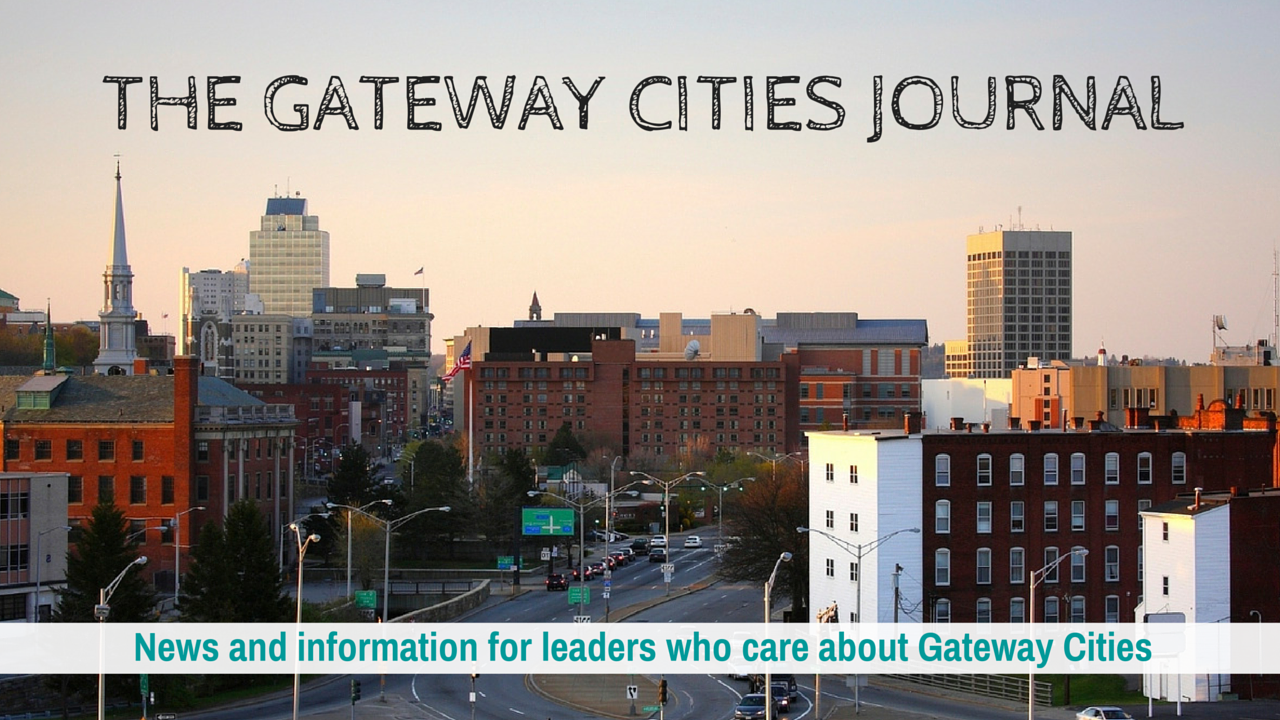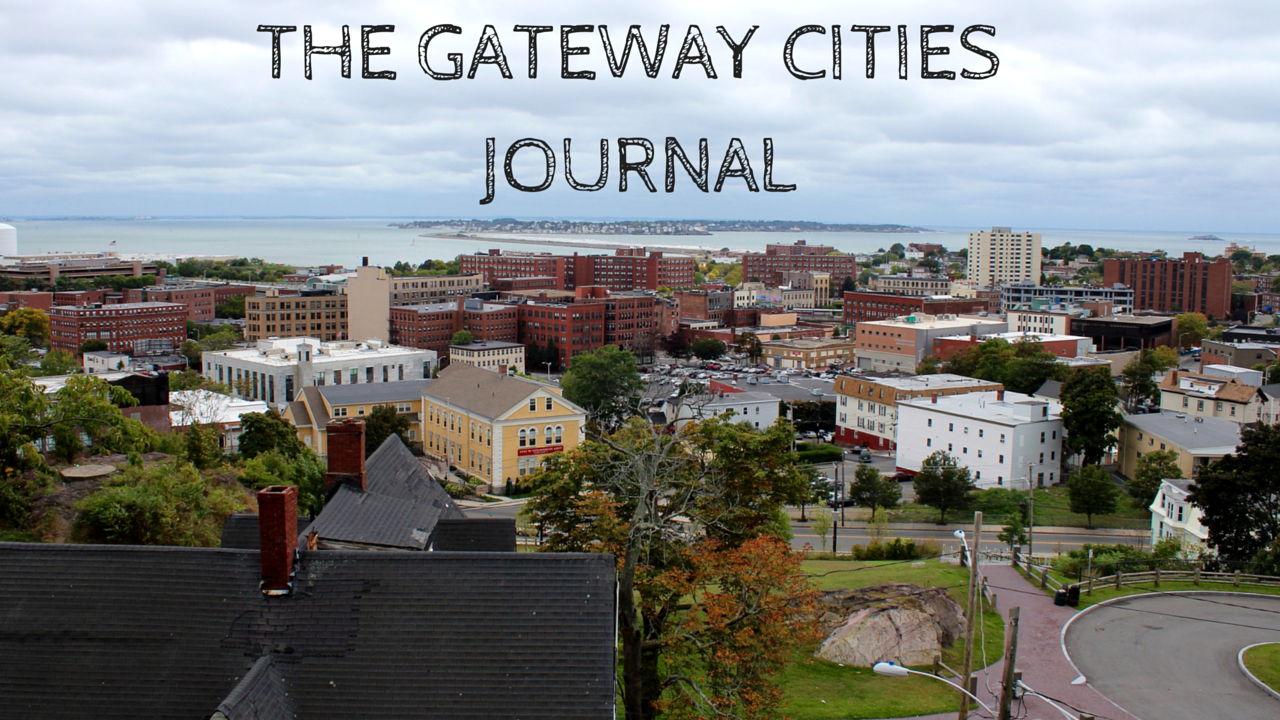
“Sometimes we live no particular way but our own” goes the Grateful Dead lyric which, in a nut shell, describes the educational accountability vibe in Massachusetts’s plan for implementing the new federal Every Student Succeeds Act (ESSA).
ESSA invites states to hold schools accountable for delivering a wider range of learning. In contrast to a host of states that are taking this latitude to measure school performance across a diverse range of indicators, we’ve chosen to largely stick with the current system. Massachusetts invented the model that ESSA replaces way back in 1993 (a year Bay State Dead Heads remember fondly, for other reasons). Our early start and steadfast belief in the approach has led to number one rankings on standardized tests in English, math, and science. So why change now?
For Gateway Cities, there’s a strong argument that it’s important to recognize educators and school leaders for other important aspects of the work they do. From preparing children for kindergarten and nurturing their social-emotional skills to engaging their parents in the school community and providing vocational training and credentials valued by employers, many important school qualities and learning outcomes are not captured by our current year-to-year indicators of performance. Just last week we heard about all the work Gateway Cities will be putting into building early college programs; the accountability system won’t really pick up on the time, energy, and money invested in this worthy activity.
To be fair to the state, the call from Gateway City leaders to adopt these additional kinds of measures was rather muted. Many feared being held accountable to do even more when resource limitations make it increasingly difficult to just sustain current activities. With teachers unions singing “If I had my way, I would tear this old building down.” (another nostalgic lyric for local Dead Heads), the state was put in a defensive posture. And there was also the issue of data reliability. We haven’t tracked many of these indicators carefully, if at all. Before we integrate them into a high stakes accountability formula, there is a strong rationale to proceed cautiously.
It looks like this will happen. DESE will collect more data and report it on a robust and accessible school report card. This will give the public a better indicator of what’s happening in our inclusive urban schools. It’s a chance to show that Gateway City schools offer the arts, vocational education, work-based learning, community-service learning, advanced coursework, and other learning experiences that our polling shows parents value highly.
And in the end, the state adopting a more limited set of metrics opens the door for each community to expand upon that in its own way. “Maybe you’ll find direction, around some corner, where it’s been waiting to meet you…” Cities like Worcester are already beginning to find their own muse, developing strong strategic visions and their own locally-generated data and accountability plan. That’s something we can all applaud.
Ben Forman
ESSA was the topic of this week’s Codcast from CommonWealth magazine
MassINC research director Ben Forman and Linda Noonan, executive director of the Massachusetts Alliance for Education, discuss the Massachusetts state plan. “
They maintain the status quo,” Forman says of the continued focus on measures of core academic achievement. “There’s a very compelling argument” to do so, he remarked, pointing to the steady improvements seen under the current system, with Massachusetts topping national rankings of student outcomes, and competitive internationally when benchmarked against other countries. Listen here.
Housing and Economic Development
Dietz & Company Architects announce a move to Springfield‘s redeveloped Union Station.
Moby Dick Brewing, Co. brings light to a previously dark and lonely corner in New Bedford.
The Fall River Redevelopment Authority tables a proposal to sever ties with the private Fall River Office of Economic Development and create his own economic development agency.
Check out the new 1 million square foot Amazon warehouse in Fall River.
Founders Science Group, a research and manufacturing organization serving the life sciences sectors, has moved its headquarters and laboratory operations to Taunton.
MassHousing’s home mortgage lending in the Gateway Cities is up by more than 26% over last year.
Education
MassLive covers the launch of the early college initiative. The Rennie Center says Early College will help ensure that students are better prepared for post-secondary success.
The Massachusetts Life Sciences Center has grants Bristol Community College $4.4 million in order to renovate its science and engineering buildings, in addition to more than $140,000 in grants for biotech lab equipment and renovations for Diman Regional Vocational Technical High School and Kuss Middle School in Fall River.
Quinsigamond Community College in Worcester selects Luis Pedraja, a college administrator from California, as its next president.
The Lowell School Committee votes to bar immigration agents from city schools unless they have a court order.
MassBudget and the Rennie Center release a what works roadmap to opportunity.
BC’s School of Education visits State House with a plan for building social-emotional support systems in Gateway Cities.
Gov. Baker says he will direct more than $28 million to rate increases in the pay for daycare workers at centers serving low-income children.
Governance & Politics
Brockton Mayor Bill Carpenter announced the city has reached a tentative agreement to purchase the desalination plant in Dighton from the private water company Aquaria for $78 million, a move he says will save Brockton $1.5 million a year.
Sen. Thomas McGee plans to run against Judith Flanagan Kennedy for mayor of Lynn. Rep. Paul Herroux announces his run for mayor of Attleboro.
A new app called PittSMART allows Pittsfield residents to track government actions and legislative moves.
Crime is on a downward trend in Worcester. Find out more about Worcester in the Research Bureau’s 2017 Almanac, a compendium of all things Worcester.
Worcester’s street lighting retrofit project is in full swing. The project is estimated to save the city nearly $1 million per year in electricity costs.
Governing looks at research on cities where autonomous vehicles will be most practical.
Creative Placemaking
MassDevelopment and the Lynn’s Neighborhood Development Associates announced a new fundraising campaign to assist Beyond Walls in installing public lighting and artwork in the heart of Lynn’s Transformative Development Initiative District to improve walkability, and increase sense of place and safety in the heart of downtown Lynn.
Pittsfield’s Office of Cultural Development puts out a call for submissions to paint the first ever mural on a Tyler Street building, in tandem with the Transformative Development Initiative.
Preservation groups in Worcester are scrambling to find a way to prevent the Notre Dame des Canadiens church from being demolished.
Charles Wolfe writes about “Seeing the better city” for Planetizen.
Check out this parklet.
Transportation
Riders push back against a Worcester Regional Transit Authority plan to raise fares and cut late-night service to cover a $907,000 deficit caused primarily by the loss of state operating funds.
Running the South Coast Rail through Middleboro with diesel engines would cost about $1.1 billion, roughly one-third of the estimate for the proposed electric line that would go through Stoughton, according to Department of Transportation officials.
Communities and People
Local New Bedford musician and Berklee music teacher Jackie Santos to be honored by his community.
Thomas Farragher asks Governor Sununu to “visit Lawrence before you speak.”
